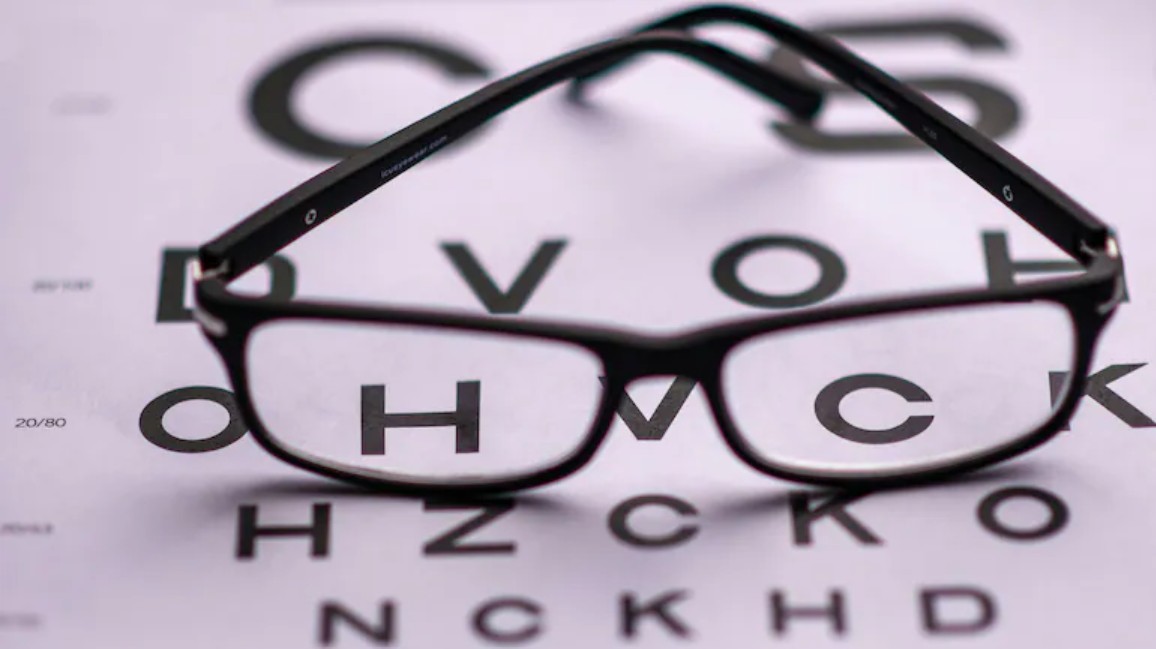New Eye Drops Offer Hope for People with Presbyopia, Showing Lasting Improvement in Vision for Up to Two Years
Vision Breakthrough Could Replace Reading Glasses
In a groundbreaking development, scientists have created eye drops that may eliminate the need for reading glasses by improving near vision in people suffering from presbyopia — a common age-related condition.
Presented at the European Society of Cataract and Refractive Surgeons (ESCRS) in Copenhagen, the study revealed that participants using these drops were able to read extra lines on vision charts — and retained that improvement for up to two years.
What Is Presbyopia?
- Presbyopia affects people typically over the age of 40.
- It’s a form of long-sightedness caused by the loss of flexibility in the eye’s lens, making it difficult to focus on nearby objects.
- Currently, reading glasses or surgery are the main treatment options — both of which have drawbacks like cost, inconvenience, or lifestyle disruption.
The Study: What Did Scientists Discover?
Researchers tested a combination of pilocarpine and diclofenac in eye drop form on 766 participants. The drops were used twice daily — once in the morning and again six hours later.
Key Findings:
- Participants showed an average improvement of 3.45 lines on the Jaeger eye chart (used to measure near vision) within just one hour of application.
- Results were sustained over a two-year period for many users.
Performance by Dosage:
- 1% Pilocarpine Group:
- 99% of 148 patients reached optimal near vision
- Able to read 2+ extra lines
- 2% Pilocarpine Group:
- 69% of 248 patients could read 3+ extra lines
- 3% Pilocarpine Group:
- 84% of 370 patients achieved 3+ line improvements
“Our most significant result showed rapid and sustained improvements in near vision for all three concentrations,” said Dr. Giovanna Benozzi, director of the Centre for Advanced Research for Presbyopia in Buenos Aires.
Side Effects and Expert Opinions
Common Side Effects:
- Temporary dim vision
- Mild eye irritation
- Headaches shortly after application
Despite these, the drops were considered safe, effective, and well-tolerated.
Expert Feedback:
While the results are promising, experts have urged caution, calling for larger, long-term, multi-centre trials to validate safety and effectiveness before widespread use.
What’s Next?
If future studies confirm the findings, these vision-restoring drops could become a non-invasive alternative to reading glasses or surgery — offering millions a convenient, cost-effective solution to presbyopia.



